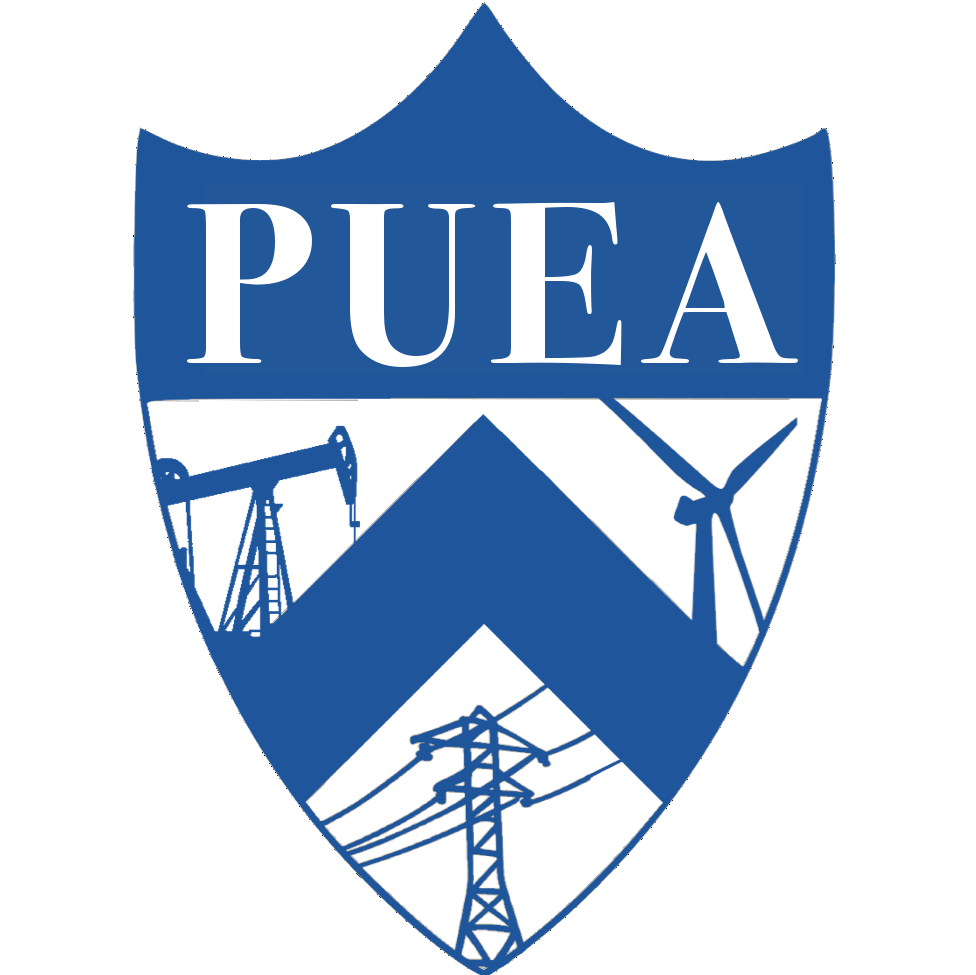Volume 4, Issue 10
November 27, 2017 – December 2, 2017
Jason Mulderrig '18 | Will Atkinson '18 | Anushka Dasgupta '19 | Joe Abbate '18 | Amy Amatya '21
Concentrating Solar Power (CSP) systems (or “thermal” solar systems) are fields of mirrors that concentrate sunlight on a central tower where energy can be stored in molten salt as heat, as compared to Photovoltaic (PV) systems in which semiconductor panels transduce light energy to store it in batteries as electricity. The primary benefit of CSP over PV is that heat storage is currently longer-lasting than electricity storage. On the other hand, CSP is also currently much more expensive than PV, since only about 70% of the energy to heat molten salts can be recovered as compared to 90% in batteries. Nonetheless, the Trump administration apparently believes CSP will ultimately prove more useful because of the benefit in storage: the DOE announced in September that it would invest $62 million in research into CSP to increase its efficiency. Labs like Sandia and the NERL are right now in the process of applying for grants from this block of money. -JAA
EPA Revises the Social Cost of a Potent Greenhouse Gas
November 20, 2017 | ClimateWire/Scientific American | Niina Heikkinen
The Trump administration has changed the social cost of methane to less than 1/25th of its previous value. Because methane has a stronger warming effect than CO2, under short time scales, its 2020 cost was previously set at $1,400 per metric ton, compared to the new value of $55/metric ton. Now, the EPA only considers how methane will harm the US, even though the gas readily mixes in the atmosphere to impact the world. The change may help the EPA scale back regulations on methane emissions, by lowering the perceived value of reducing those emissions. -WA
Stop subsidizing the Big Wind bullies
November 9, 2017 | The New York Post | Robert Bryce
In an opinion piece for the NYPost, Bryce calls out the Alliance for Clean Energy New York (ACENY) for bullying small communities for inhibiting the installation of ACENY wind turbine projects. Bryce finds such actions of the ACENY to be offensive because the ACENY has amassed billions in federal and state subsidies, and the thwarted wind projects are inhibiting the ACENY from accessing even more subsidies. Finally, Bryce argues that such big wind projects are responsible for killing thousands of birds and bats annually. -JPM
Tesla has built the world’s largest battery for Australia
November 23, 2017 | Sherisse Pham | CNN
Tesla has completed the world’s largest lithium ion battery for wind energy storage in South Australia. With a capacity of 100 megawatts, the battery is the most ambitious of its kind in size and completion time (just 100 days), and will prevent summer blackouts to the entire state. Most importantly, it increases the reach of renewable energy in Australia, the world’s largest coal exporter, and is a testament to the long-term viability of renewables as it can store energy from intermittent sources such as wind and solar to power the grid year-round. -AA
Giving Thanks, but Not for Turkey-Powered Energy
November 22, 2017 | New York Times | Hiroko Tabuchi
If you read our alumni interview with David Green ‘03 from a couple of weeks ago, the name Excel Energy will be familiar to you. The utility company recently incurred the wrath of turkey farmers and loggers in the state of Minnesota after moving to terminate contracts with three biofuel plants. While Excel began buying power from them in a package deal to expand a nuclear waste storage site, it soon complained that power from biofuel plants was ten times as expensive as wind power. The environmental benefits of using biofuel, as well as the jobs it creates, make the decision a difficult one. -AD






